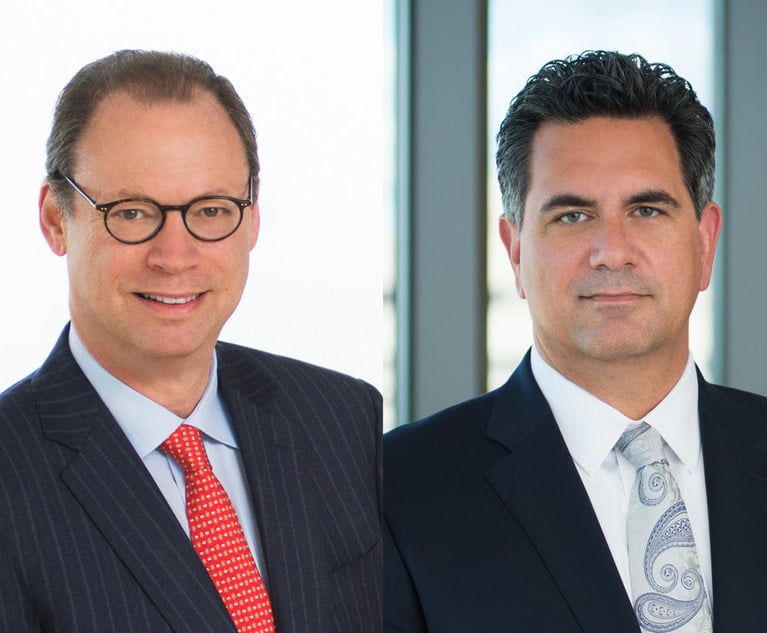It is impossible to predict whether supply chain disruptions caused by the COVID pandemic, increased interest rates, market volatility, changes in workforce trends, inflationary pressures, and geopolitical upheaval will lead to a recession and wave of bankruptcies. Regardless, certain sectors and businesses undoubtedly will experience distress, and doing business with distressed customers always brings the risk of nonpayment.
But there is another risk that can be even more frustrating. One of the basic policies of bankruptcy law is that creditors who receive payments on antecedent debts as the debtor slides into bankruptcy may have those payments recovered by the bankruptcy estate as a preference. In the face of this risk, suppliers have taken comfort knowing the Bankruptcy Code protects regular, ordinary commercial transactions between distressed companies and vendors willing to continue the relationship. But what is ordinary? For decades, courts have wrestled with this question. And it can involve significant sums. In a recent decision of the U.S. Bankruptcy Court for the Southern District of Indiana in the Chapter 11 case In re HHGregg, (Adv. No. 17-50282), a supplier whose invoices were paid consistent with payment terms was nevertheless held liable for $3,517,805.06 plus prejudgment interest as a preference.
The Parties’ Billing and Payment Behaviors
This content has been archived. It is available through our partners, LexisNexis® and Bloomberg Law.
To view this content, please continue to their sites.
Not a Lexis Subscriber?
Subscribe Now
Not a Bloomberg Law Subscriber?
Subscribe Now
LexisNexis® and Bloomberg Law are third party online distributors of the broad collection of current and archived versions of ALM's legal news publications. LexisNexis® and Bloomberg Law customers are able to access and use ALM's content, including content from the National Law Journal, The American Lawyer, Legaltech News, The New York Law Journal, and Corporate Counsel, as well as other sources of legal information.
For questions call 1-877-256-2472 or contact us at [email protected]


 Left to right: Andrew Kassner and Joseph Argentina of Faegre Drinker Biddle & Reath
Left to right: Andrew Kassner and Joseph Argentina of Faegre Drinker Biddle & Reath




